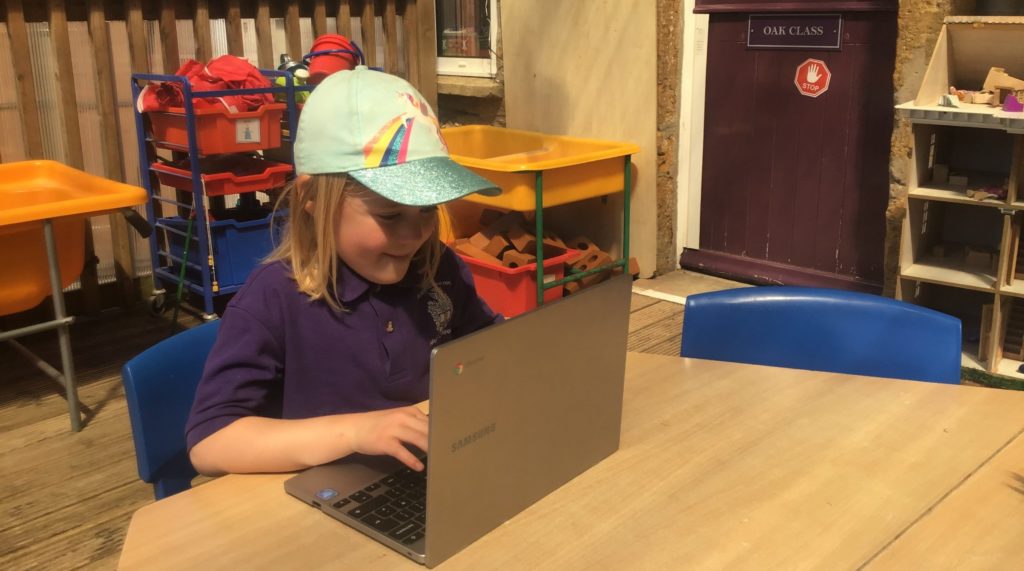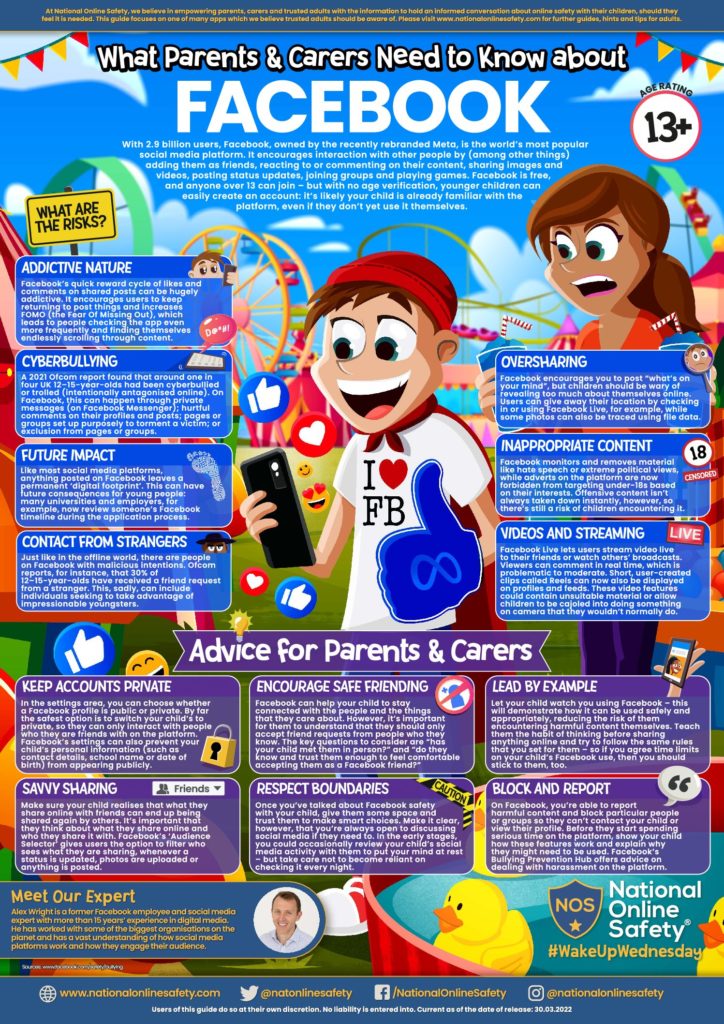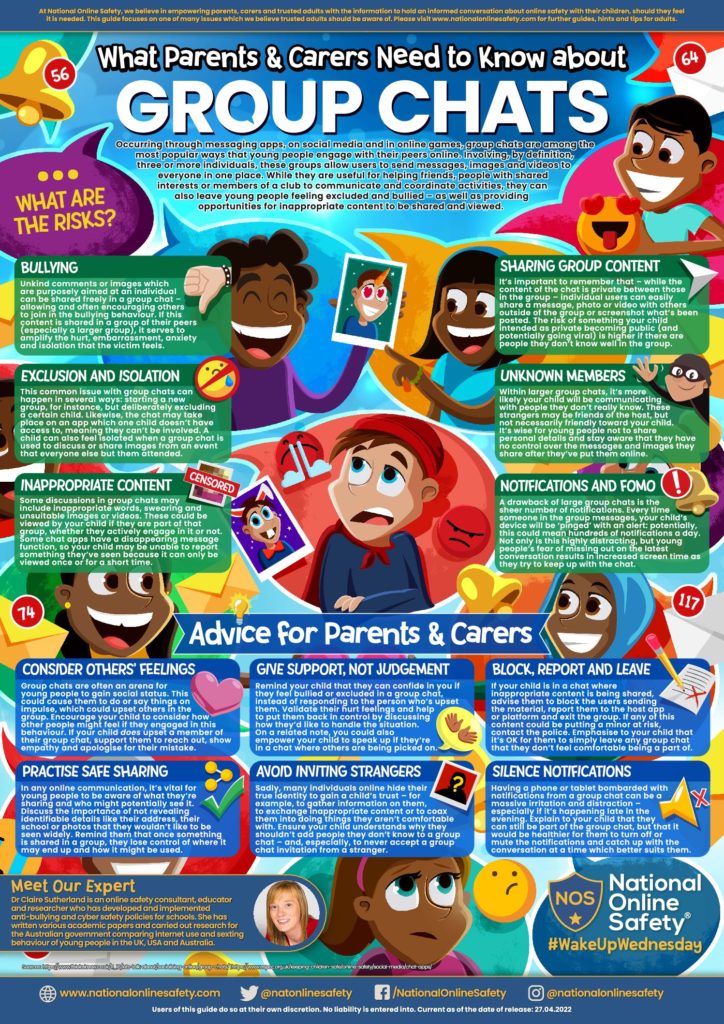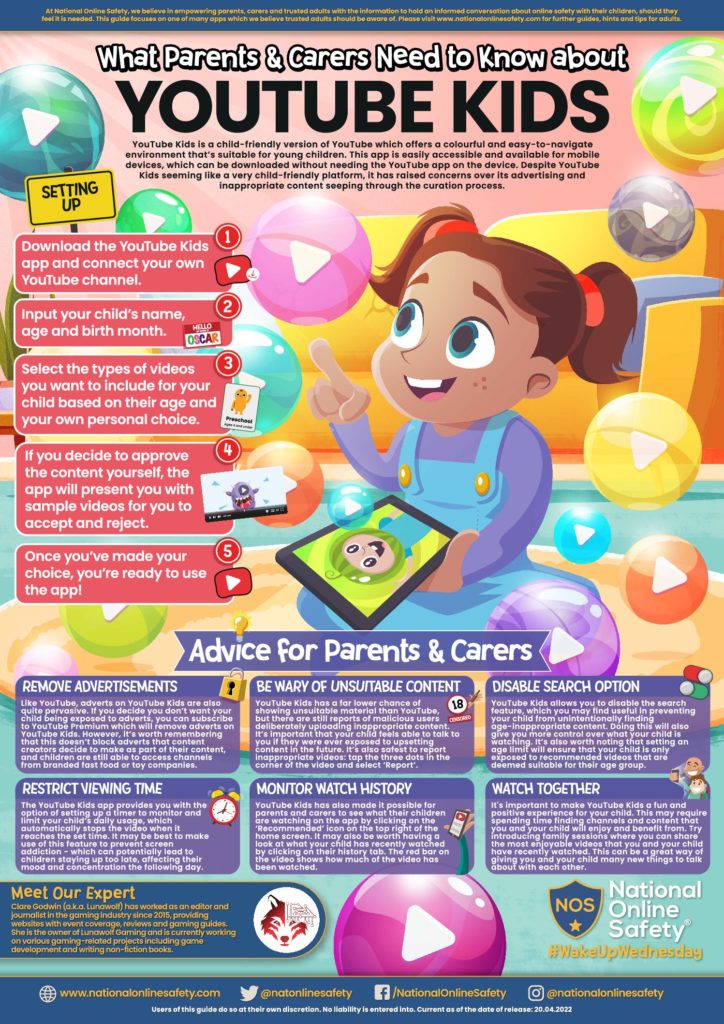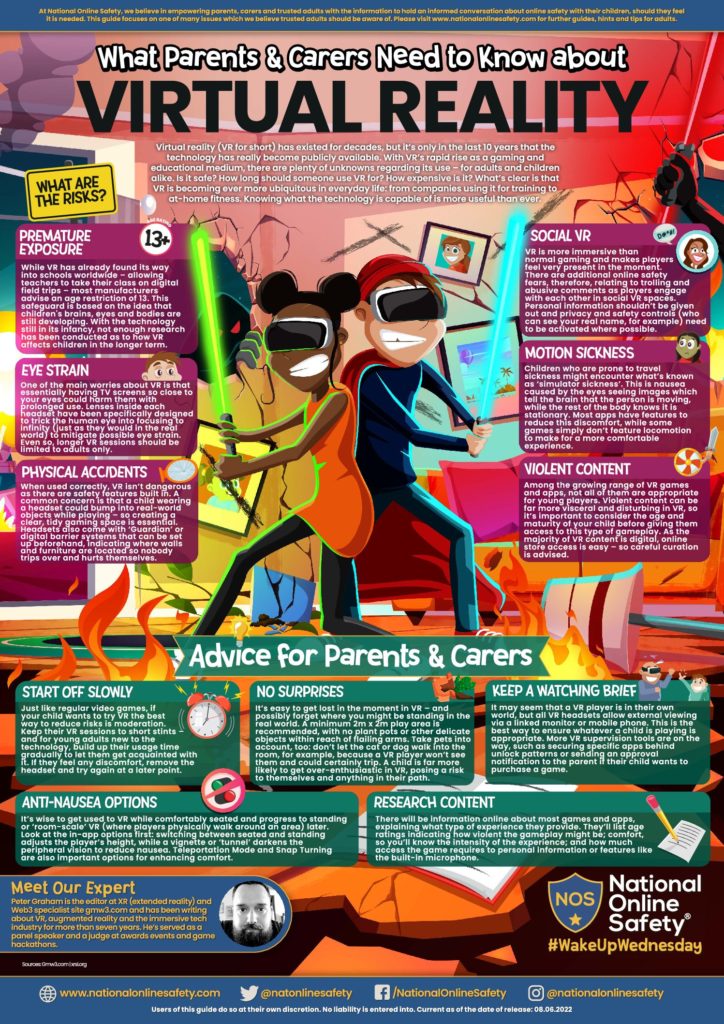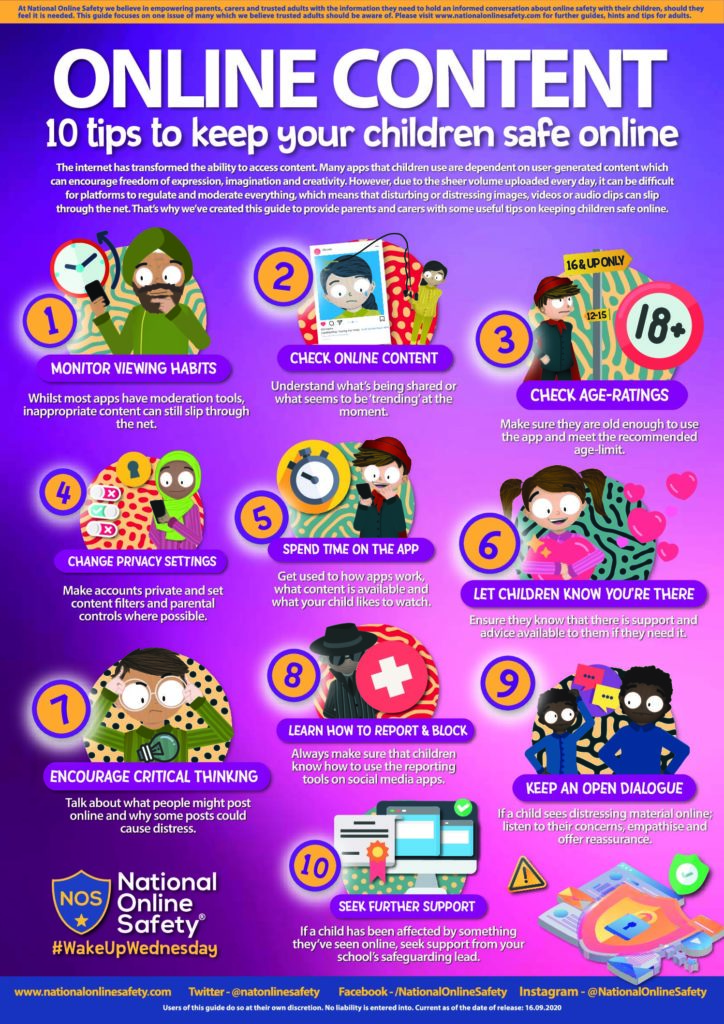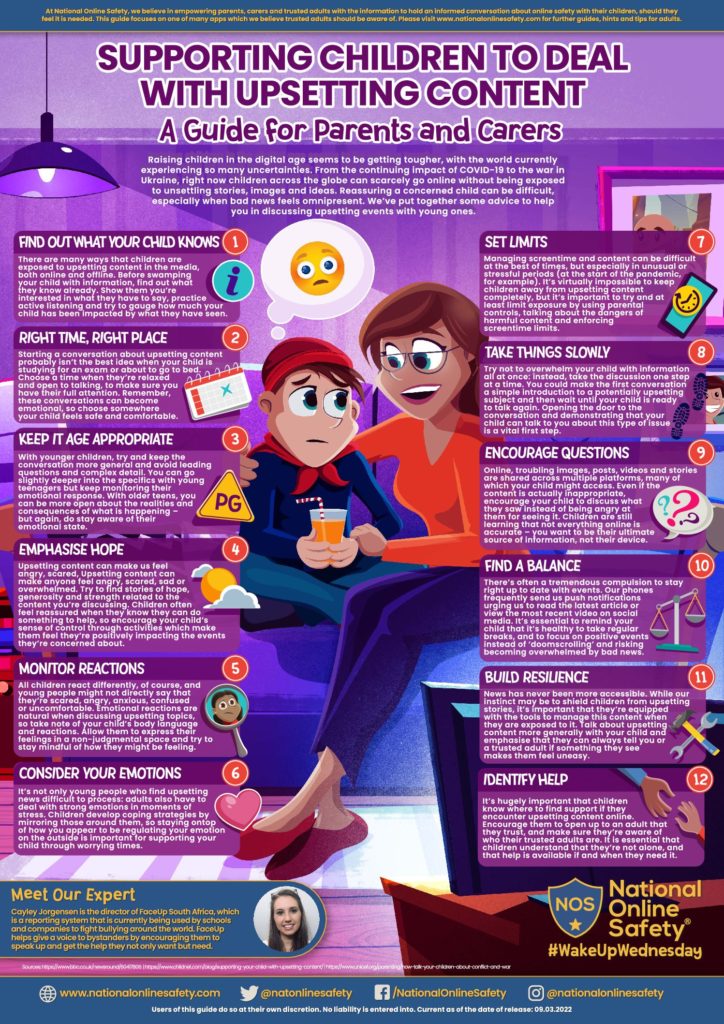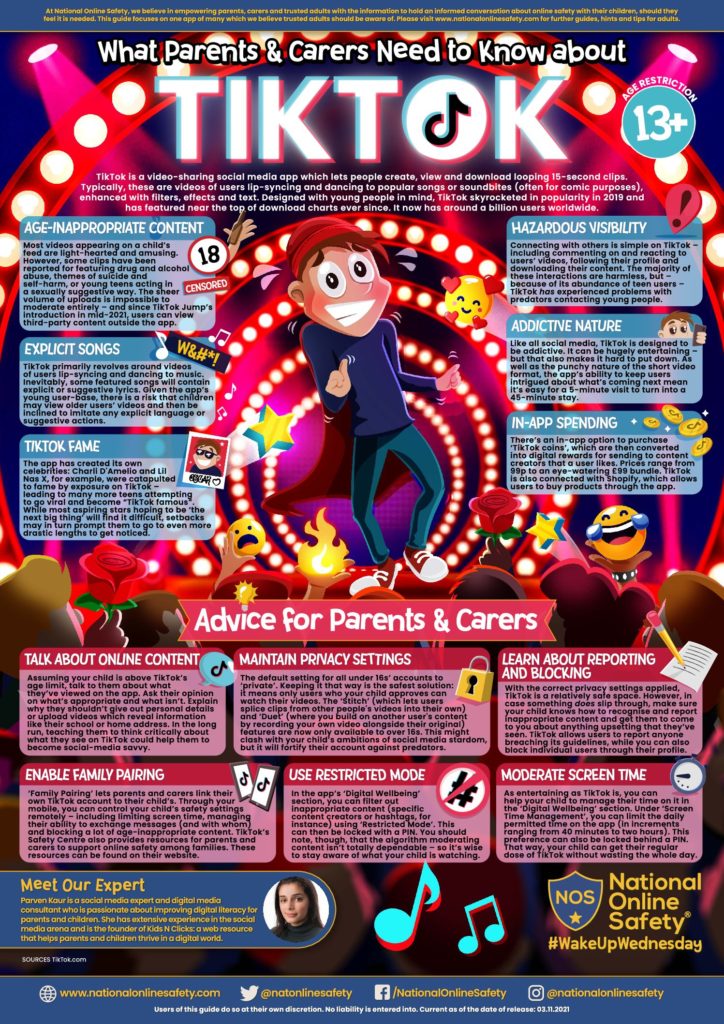On-line safety is an important part of keeping children safe. We have a range of security measures in place to help safeguard children from potential dangers and unsuitable material.
Any e-safety incidents are recorded and managed according to our e-safety policy.
E-safety is taught across all year groups, children can demonstrate and say how they stay safe on line. They know who they can talk to if they see or read anything that upsets them, this includes at home.


